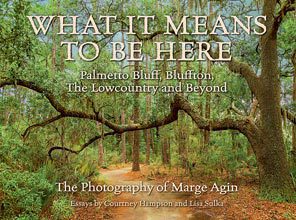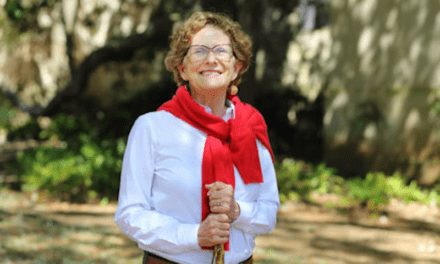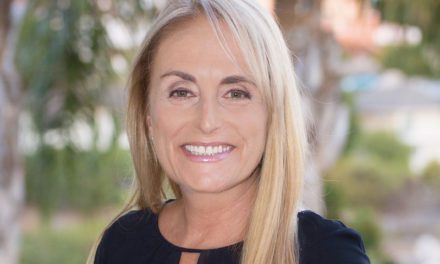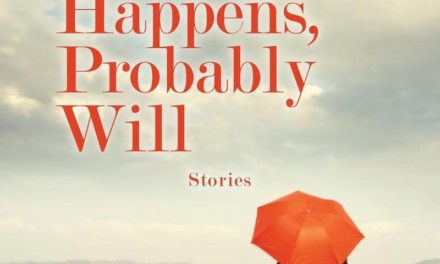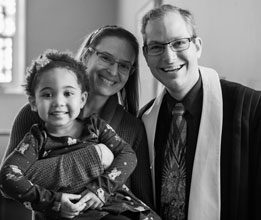
A Conversation with Author Becky Young Miller
Former Beaufortonian and new author Becky Young Miller recently published her first book, Transplanting Hope: A Journey Through Pain, Addiction, and the Miracle of a Rare Surgical Procedure. Miller’s inspiring memoir chronicles her experience with unbearable pain, many waiting rooms and fruitless appointments, devastating losses, recovery, faith, and hope.
She was diagnosed with chronic pancreatitis, the source of her excruciating pain. Sharing her story has become a passion of hers, as well as a purpose. Miller will speak about her journey on Wednesday, February 12, at 6:00 p.m. in First Presbyterian’s Sanctuary (410 Church St., Beaufort) and on Sunday, February 16, at 4:00 p.m. in Lowcountry Presbyterian Church’s fellowship hall (10 Simmonsville Rd., Bluffton). Both events are free and open to the public, presented in partnership with the Pat Conroy Literary Center.
In an interview with the Conroy Center’s Beaufort High School student intern Holland Perryman, Miller discussed the origins and aims of her memoir Transplanting Hope.
Holland Perryman: Early in your diagnosis you began writing a blog. Can you tell us what first prompted you to share your personal story?
Becky Young Miller: A friend who I admire and respect, Alisa Bair, suggested to my husband that I start a blog. I thought blogs were for talented writers, experts in a field, and/or narcissists—and that’s not me. However, when my husband suggested that I could provide encouragement to others with undiagnosed, chronic pain, I was sold. My love language is helping others and I felt helpless with my pain. The idea of having a purpose in the season of horrific pain energized me.
HP: What led you to transition from your blog to writing a book-length memoir? 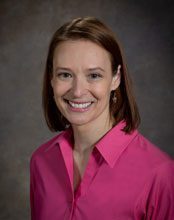
BYM: I was asked repeatedly to write a memoir by reader of my blog posts. I resisted at first, but once again the idea of a purpose propelled me forward. If I could help others, it was worth swallowing my excuses.
HP: What do you hope your readers will take away from your book?
BYM: What I see the four biggest takeaways from my memoir are: have an attitude of gratitude, don’t lose hope, know that nothing is wasted, and share your story.
HP: You talk about the ways in which your faith has been a crucial part of your medical journey. How was that faith tested?
BYM: My faith was definitely tested when many people were praying for me as my pain got worse and the hope of relief never materialized. Chronic, horrific pain that cost me my employment and independence revealed flaws in my beliefs. And my faith was rocked when children I hoped to adopt died or were placed with others. But I found when all else was stripped away, God was the only one left to cling to. I am grateful that my faith deepened in the midst of my pain.
HP: You also mention your family throughout your book, including the adoption of your daughter Amarissa. What do you hope to teach her from your journey?
BYM: My hope and prayer for my daughter Amarissa is that she will always know she was loved and planned for, long before she was conceived. While I do not begin to have answers to many of life’s hard questions, I am aware that without my extreme health issues, I would never have met my precious daughter. I hope Amarissa gleans that she is loved, valued, and has a purpose.
HP:Transplanting Hope is your first book. What was the biggest challenge to writing and publishing your memoir? And do you think you have other books to write?
BYM: My biggest challenge to writing my memoir was sitting down and actually writing. Having a background in mathematics, I never enjoyed writing nor felt particularly gifted at it. I also found it incredibly difficult to retell my experience. The memories haunted me, so I preferred to avoid thinking about unpleasant parts of my past. Having a writing coach helped hold me accountable.Figuring out the path to publishing was daunting. Thankfully, friends helped me along the journey. After going through the process once, I am in awe of authors who write multiple books. For me, recovering from major surgery seemed easier.
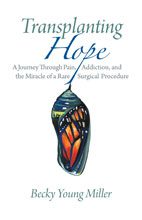 HP: Can you tell us about some of the reactions you’ve had to your book and to the talks you’ve given?
HP: Can you tell us about some of the reactions you’ve had to your book and to the talks you’ve given?
BYM: Feedback has been the best part of the writing process. I have been humbled by reactions. One reader wrote that she made sandwiches for her children with one hand and held my book in her other hand. Folks who have gone through serious health issues or been a caregiver to loved one with chronic health issues have said that my words comforted them and made them feel understood. At a retirement community, I was told by many residents that my talk was the best they had ever heard. I am baffled that my words could impact someone with more life experience. I often hear from friends that they can only read small amounts at a time because they get choked up. Family members who were by my side through the entire ordeal commented that they found surprises in my memoir. One of the best comments is when folks tell me that after reading my memoir they look at life with more gratitude and hope, or that they are inspired to share their own stories.
HP: Why are stories of perseverance like yours so important to share?
BYM: In our culture, most things are instantaneous. Being uncomfortable, let alone in pain, is unacceptable. Perseverance through chronic pain is hard. With so many advances in technology and medicine, I thought diagnosing should be a snap. Before my health issue, I thought for sure a hospital had the resources to keep a patient’s pain controlled. But my pain was not eradicated with narcotics. I could not leave my body, so I had no break from physical pain. While my story is unique, there are many who suffer from chronic conditions. These folks need to know they are not alone and still have a purpose. I found hope and encouragement hearing others’ stories of answers to prayer. My desire is to share my authentic, genuine experience so others may hold onto hope.
HP: Your two public talks in Beaufort (2/12) and Bluffton (2/16) are being presented in partnership with the Pat Conroy Literary Center. As a first-time author, what does it mean to you to have your work supported by Mr. Conroy’s legacy?
BYM: I am incredibly honored and humbled to have my work supported by Pat Conroy Literary Center. Mr. Conroy’s legacy to encourage new authors lives on. Based on his work and life story, I think we would have been friends. Our lives have some overlap. More importantly, Mr. Conroy’s desire to make connections with people and communities empowers me to do likewise.
HP: Final (and most important) question: What’s your favorite color?
BYM: Woohoo! An easy one. My favorite color is purple.

